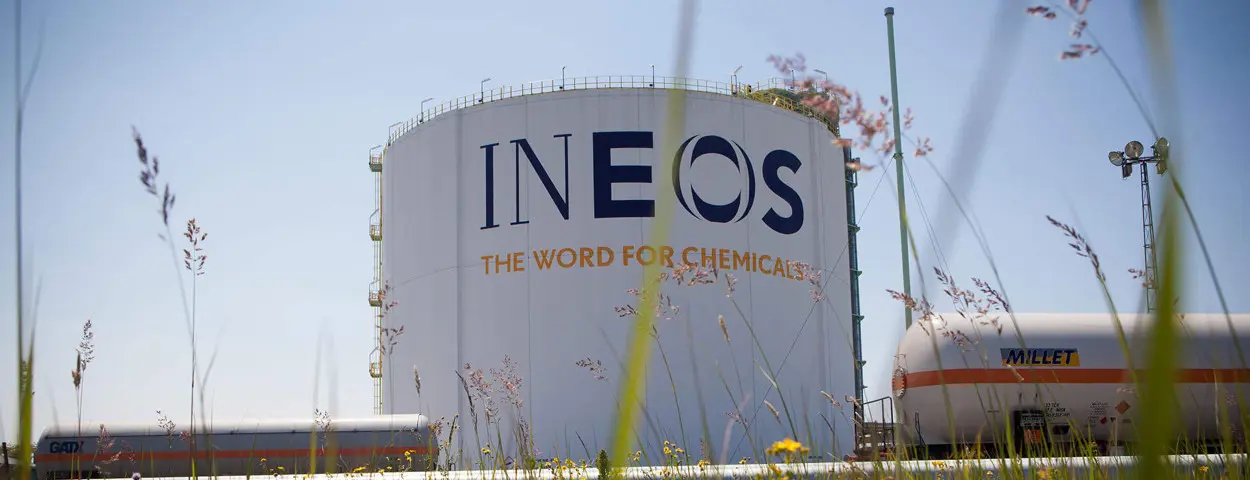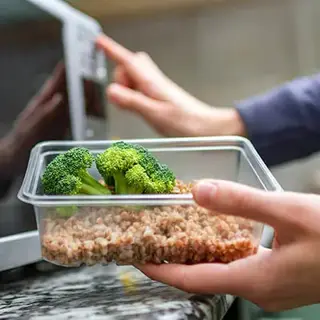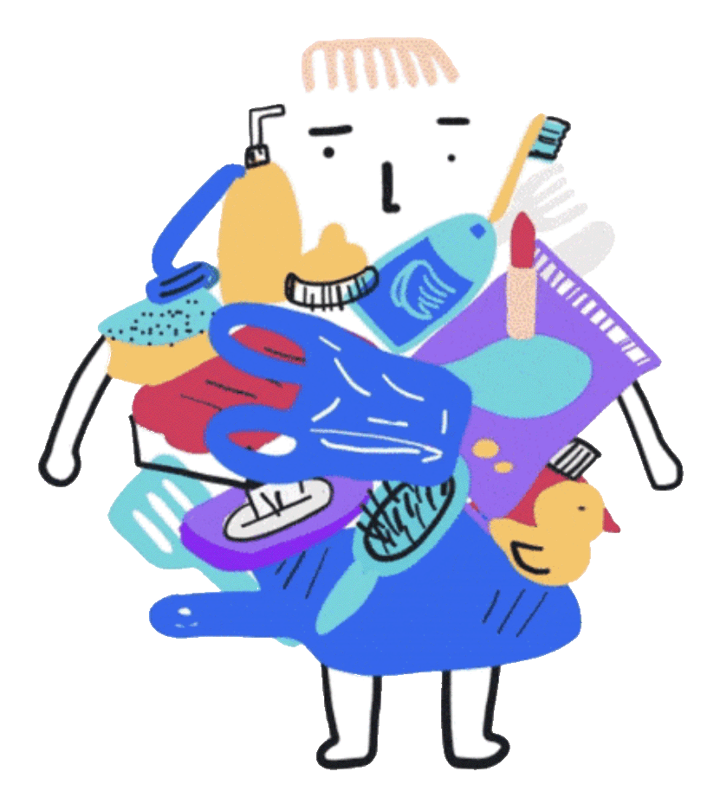De rechtbank van de Raad voor Vergunningsbetwistingen oordeelde dat INEOS de autoriteiten niet de volledige omvang van de voorspelde impact van het project op de omgeving heeft meegedeeld. Volgens de rechtbank hadden de Vlaamse autoriteiten door deze cruciale nalatigheden geen toestemming mogen geven voor het project – en kan het nu niet doorgaan.
Maria Westerbos, oprichter en directeur van Plastic Soup Foundation: “Inmiddels is er heel veel bewijs dat plastics en de additieven daarin onze eigen gezondheid en die van de planeet schaden. Dit schudt steeds meer beleggers wakker, die hier niet meer aan mee willen doen. Zo’n fabriek als INEOS is daarom niet meer dan deze tijd. Planet overwint hier van profit.”
De uitspraak is het hoogtepunt van een lange juridische strijd door de autoriteiten van Zeeland en Noord-Brabant, twee aangrenzende provincies in Nederland. Tegelijkertijd hadden ClientEarth en 13 partners – waaronder Plastic Soup Foundation – al een langdurige juridische strijd gevoerd om het project tegen te houden. Dit resulteerde in een gerechtelijk bevel en het besluit van INEOS om met een nieuwe vergunning te komen – een vergunning die de uitgebreide milieueffecten van het project zou moeten weerspiegelen, maar die volgens de NGO’s nog steeds niet was afgegeven.
Tatiana Luján, advocaat bij ClientEarth, zei: “De uitspraak van vandaag is een keerpunt in de strijd tegen onnodig plastic. We hebben het verzadigingspunt van plasticvervuiling bereikt – het gaat er nu om het bij de bron te stoppen.”
“Plastic is een milieukwestie, een mensenkwestie en een klimaatkwestie. De schade begint al bij de winning van de fossiele brandstoffen waaruit het wordt gemaakt, gaat verder met het raffineren en verschepen van die brandstoffen en vervolgens met het zware proces dat ze omzet in de bouwstenen van plastic. Tot slot is er de wereldwijde epidemie van plastic afval en de impact daarvan op onze gezondheid.”
“Lokale gemeenschappen en ecosystemen zijn degenen die het meest te lijden hebben onder de giftige plasticvervuiling door deze processen en de gevolgen voor het klimaat die fossiele brandstoffen met zich meebrengen. Dit zijn de verborgen schades van plastic.”
De uitspraak van vandaag in de zaak van de Nederlandse autoriteiten maakt de zaak van ClientEarth en haar partners afgedaan, aangezien de vergunning nu nietig is.
Tycho Van Hauwaert, beleidsmedewerker industrie van Bond Beter Leefmilieu zei: “Deze uitspraak brengt het stikstofdebat in Vlaanderen op de voorgrond. De natuurgebieden in de havens van Vlaanderen en Nederland zijn unieke ecosystemen die bescherming verdienen door een wetenschappelijk onderbouwd Vlaams stikstofbeleidskader. Om de natuur echt te herstellen, moeten we de stikstofuitstoot van industriële installaties permanent verminderen.”
Kunststoffen staan momenteel in de schijnwerpers nu investeerders en bedrijven hun risicoprofiel onder de loep beginnen te nemen.
Lújan zei: “Het is 2023. Je kunt niet op industriële schaal olie en gas gebruiken om de bestanddelen voor plastic te maken en verwachten dat je er ongestoord doorheen kunt zeilen.”
INEOS heeft zes weken de tijd om tegen de uitspraak in beroep te gaan.



